Mentoring in English
Native-level Language Arts & Literary Studies in English
For Bilingual and Returnee Children
Does your child speak English at home but go to school in Japanese?
Bilingual children growing up in Japan who don’t attend an international school often speak English well because of support at home, but some also face challenges developing higher level reading and writing skills necessary for succeeding at international schools or overseas universities or for gaining meaningful employment in organizations where the functional language is English.
Even for students already attending a school in English, the attention, freedom and guidance they receive in a private or small-group, student-centered class led by an expert engenders significant development—especially when compared with large lecture-based, teacher-centered formats.
Beyond assistance with knowledge and skills, children need life guidance to thrive in adulthood. We are specialists who will coordinate with parental and family support to help your child reach their full potential.
1
Private Mentoring
in English
2
Bilingual Educational Support
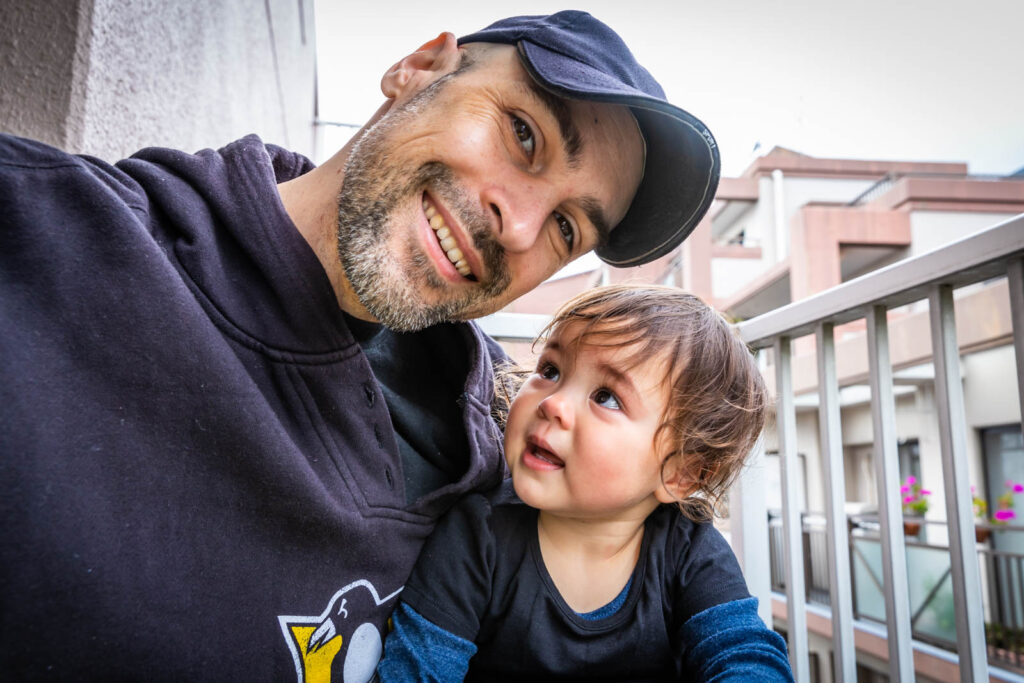
Our experience in Japan as a language school, with the constraints of young learners to adults having only an hour a week to acquire English and our commitment to empowering them, has obliged us to develop programs of highly efficient learning. Our child-centered approach to teaching enables children to find inspiration and acquire skills and know-how from the basics on through professional levels of language use.
With 20 years of working with children and holding a Masters in Literary Studies in English, our school’s owner will create a personalized journey of learning for your child. As we explore, we foster curiosity and help young people nurture a general love of learning as well as lifelong positive attitudes towards challenges and the abilities to engage them. Beyond tutoring or test prep, we provide expert support for long-term and holistic personal development.
“We inspire curiosity in students, help them find happiness in growing and learning, discover new worlds, and enable them to connect positively to the global community—all in a manner conducive to becoming lifelong active learners.”
Tristan Scholze, School Founder and Owner
Preschool though Elementary School Children
Children at this stage develop the ability to understand and use English effectively through discovery in an inspirational environment. Understanding that children often see the classroom as a place they “have to” be, the key here is helping children find joy in learning. We play games, sing songs, and read stories not simply because they are fun. These activities are carefully chosen and used to practice language ability. Fun is not separated from learning—the children want to learn through this kind of fun.
The Joy of English and Communication
How we learn
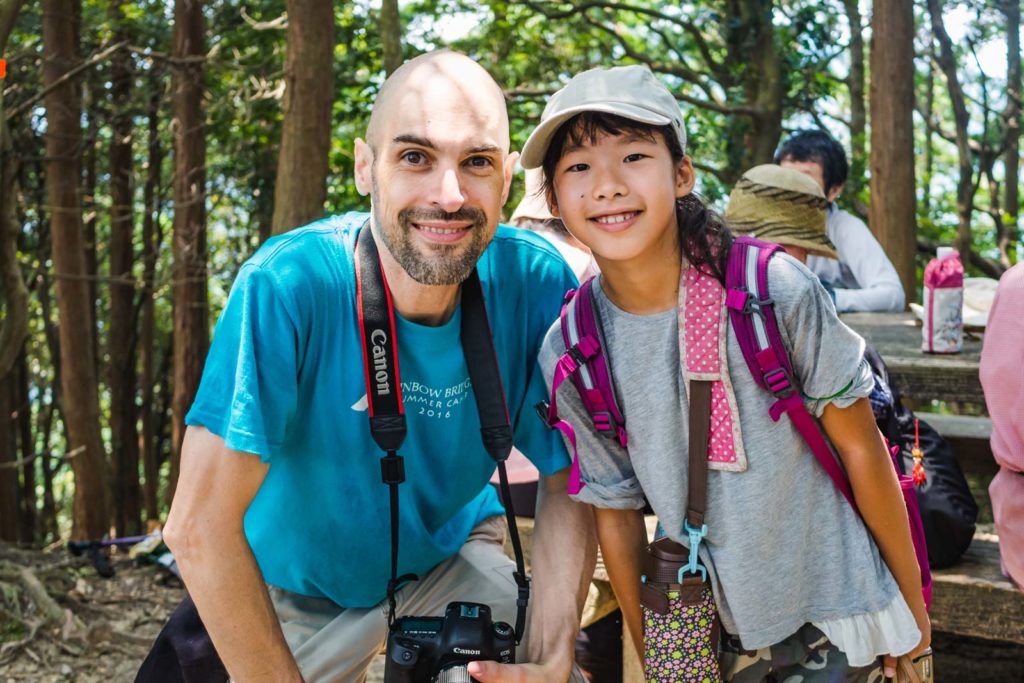
Elementary English
- In a child-centered environment, students find things out for themselves with guidance from the teacher, feeling the joy of learning
- The children learn through a series of puzzles, games, songs, stories, and interesting projects
- Children develop their capacity for self-expression by picking up new language patterns through natural interaction, games, and projects they find interesting
- From decoding basic phonics to advanced pattern recognition of English sounds in written form and into reading and writing dialogs, paragraphs, and stories
- A wealth of carefully selected materials fitting for all levels of language development
- Professional guidance makes the wonderful world of books come alive for children
- Children learn from interacting with peers and adults in English during events
- Leadership roles assisting teachers in guiding younger and less experienced learners
Free Consultation
Contact us for a free consultation about your long-term hopes for your child and how we can help fulfill them!
We’ll make a recommended plan of study personalized to your family’s situation.
Junior, Senior High School
and University Students
The study of literature provides insight for one’s decision of how to live their life. As we explore diverse stories, poetry, and other literary arts with corresponding nonfiction, we sharpen our minds while developing the ability to empathize with others. We learn from the experiences of others and decide what kind of a person we want to be.
Furthermore, as we reflect and put our thoughts into words, we refine our ability to communicate, enriching our vocabulary, organizing our thoughts, and increasing our powers of persuasion.
Students at this level also have access to the Rainbow Library, school events, and our international community, with opportunities for internships and volunteer work in diverse fields.
Literary Study and Language Arts
How We Learn
In a child-centered environment, students find things out for themselves with guidance from the teacher, feeling the joy of learning.
Read and discuss inspiring fiction and nonfiction
A skilled teacher enables learners to connect with books and discover not only why they are great, but how they are work their magic.
Composition and project work consolidates learning
Students practice expressing their ideas in written and spoken English, informal and formal, composing essays, creative works, letters, messages, journals, notetaking, and presentations
.
Introduction to meta-learning
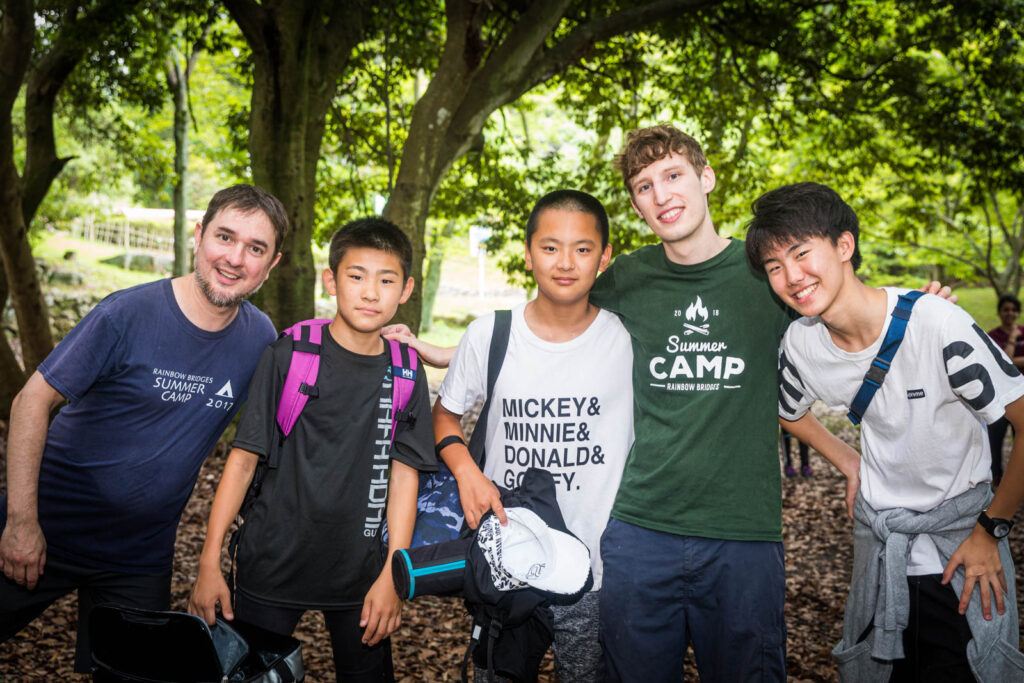
What We Learn
- Improve vocabulary and grammar
- Beyond memorization, we learn strategies to acquire new words and sentence patterns efficiently for long-term proficiency in communication
- Summarize, analyze, and critique texts and their ideas
- Understand and apply symbolism, mood, tone, and point of view to critiques of literature
- Experience rich language
- Connect to history
- Explore cultures
- Participate in critical analysis
- Develop imagination and creativity
- Improve reasoning ability
- Discover a new self
“In all the classes I’ve been doing with Tristan we’ve analysed 4 different books and written multiple essays. He is a great teacher that helped us learn so much literature! The classes with Tristan were very fun and helped advance my English to a high level. Great classes!”
Clement, junior high school student
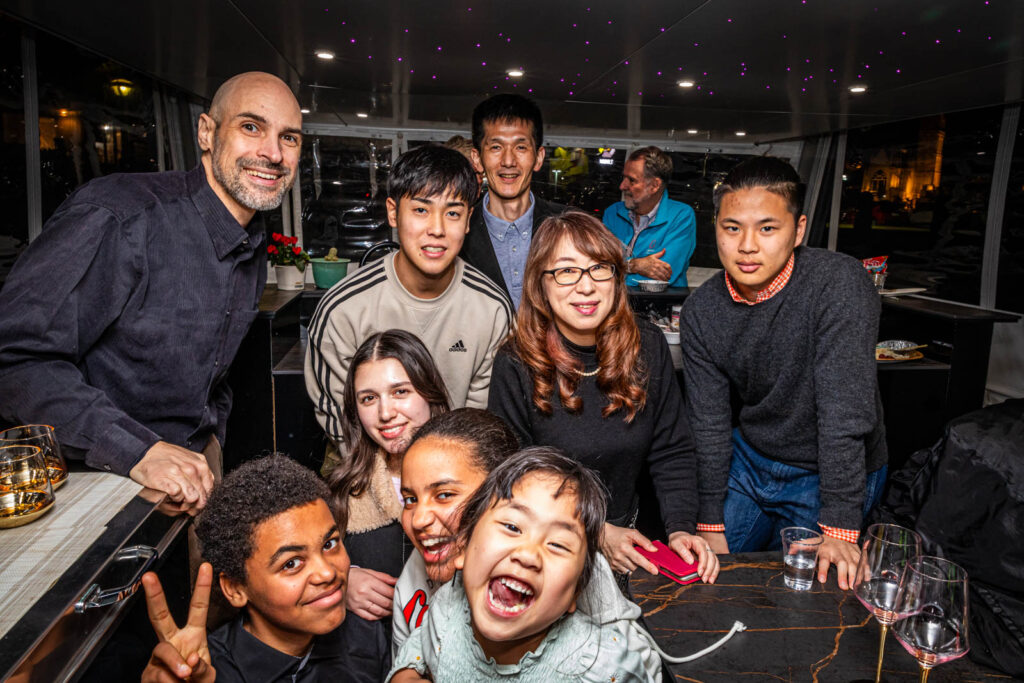
Students attending public Japanese schools without native-level Japanese skills can benefit far more from their experience in Japan with our support system.
Although basic conversational skills in Japanese may be picked up relatively quickly, the complex writing system makes it difficult for children to fully participate in subjects like Japanese, math, history, science, and social studies.
Rainbow Bridges arranges an after-school program with a team of English and Japanese teachers as well as bilingual tutors who can help the children better understand what they are studying in school and keep up in these subjects at their grade level.
Teachers and tutors can travel to a location convenient for your family, including your home—and we can meet anywhere with online sessions.
Free Consultation
Contact us for a free consultation and discover what we can do for your family:
Learn more about our programs and how they can benefit your children. Together, we’ll make a recommended plan of study personalized to your family’s situation.
Explore More


